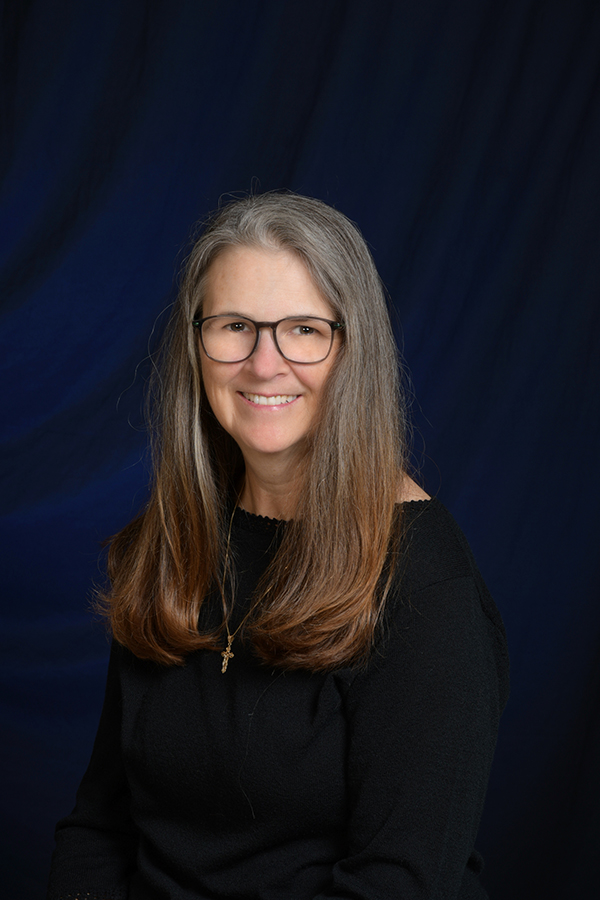About Us
Learn about Morris Audiology and our mission
Frequently Asked Questions
Hearing loss is caused by a number of factors which includes;
- Exposure to loud noise
- Heredity factors
- Radiation and chemotherapy treatments.
- Wax buildup
- Trauma
- Ear and viral infections
Not necessarily. Due to the gradual nature of hearing loss, it is possible you do not realize you have it. At times, it may take the intervention of a third party to convince you that you have a hearing problem.
Yes. We have 3 types; which are conductive, sensorineural and mixed.
Conductive hearing loss comes from the outer or middle ear and at times, both. Sound is prevented from reaching the inner ear, however, the auditory nerve works just fine.
Sensorineural hearing loss stems from the inner ear. This is caused as a result of damage to auditory nerve and/or auditory hair cells.
Mixed hearing loss represents the combination of both conductive and sensorineural factors.
Yes. With the assistance of an audiologist as well as the latest technology, hearing aids can go a long way to improve your hearing abilities.
Absolutely not. Hearing aids only imply a treatment for hearing loss which can affect any individual regardless of the age.
Yes. They are called assistive listening devices (ALDs). They are available to help individuals hear better in certain situations. For instance, ALDs can help improve your hearing ability while watching television or for group-listening events such as lectures, religious services and more. Telephone amplifiers are also available to individuals with difficulty understanding speech issued via the telephone.
Consult with an audiologist right away. An audiologist is trained to carry out a thorough hearing evaluation to identify and determine whether or not a hearing loss requires a medical or non-medical attention and will refer you to a medical professional if necessary. It is the job of an audiologist to identify, diagnose as well as treat and manage your hearing loss.

 (815) 941-4700
(815) 941-4700

